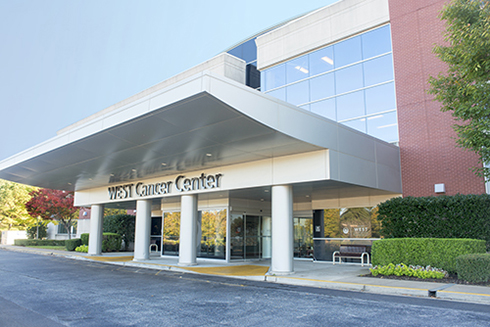
Bolstered by $200 million from equity firm General Atlantic, and with the participation of three founding oncology practices, OneOncology launched in mid-September organized around technology and economies of scale to help community cancer centers operate more effectively across the continuum of care in preparation for the challenges of new value-based reimbursement models.
“The rapid pace of innovation, from drug regimens and technology to changes in reimbursement and changes in regulations, have put pressure on community oncologists and they have struggled to respond,” said Tracy Bahl, OneOncology CEO. “Many have sold to hospitals as a way to deal with these pressures. Others have tried to tough it out, but not always successfully. We think OneOncology brings an alternative that allows them to focus on the treatment of patients with cancer and allows a partner like OneOncolgy to manage the operational and administrative parts of their practices.”
At launch, the company announced its first three member practices: Tennessee Oncology, New York Cancer & Blood Specialists, and West Cancer Center, which in total rep-program. resent more than 60 locations with roughly 225 practicing physicians. A core principal of OneOncology is as it grows into a nationwide network of community cancer centers, that its mission will continue to be driven and directed by the physicians themselves.
To that end, the physician leaders of the three founding practices—Jeff Patton, M.D., CEO of Tennessee Oncology; Jeff Vacirca, M.D., CEO of New York Cancer & Blood Specialists; and Lee Schwartzberg, M.D., executive director of West Cancer Center—serve on the company’s board of directors. According to Bahl, there will always be seats on the board for physicians from its network of practices, as they bring real-world knowledge of running a community oncology center.
OneOncology executives said the company will support its member practices in three fundamental ways: via economies of scale including drug and pharmacy pricing, back office operations, and revenue cycle management; economies of “intelligence” that allow the sharing of care pathways, clinical decision support, and supporting patient experience; and access to capital to allow practices to invest in new technologies or undergo expansion in ways that best serve patients in their regions.
Creating a New Model of Care
According to Bahl, the concept for OneOncology was not via an epiphany, rather it was a series of conversations over the course of couple of years about the challenges community oncology centers faced that would likely become more significant pressure points in ensuing years.
“It was grounded in Nat Turner and Robin Shah of Flatiron [Health] having conversations with the two Jeffs (Patton of Tennessee Oncology, and Vacirca of New York Cancer & Blood Specialists),” Bahl noted. “[Patton] said that he loved Flatiron’s technology, but that he was going to need more than the technology to help him with the challenges he saw coming. Nat and Robin said they had spoken with a number of other practices who had told them the same thing.”
With the concept of helping community practices more broadly than providing technology assistance, the initial players began conversations with the investors at General Atlantic who were also mulling a similar opportunity. As the plan developed, David Chernow, now president and CEO of long-term care company Select Medical—who also was also a key player at US Oncology—joined as chairman of the board, as well as Bahl whose experience includes a stint at CVS and at Emdeon, a provider of software for medical claims and medical data, and Shah who had worked at Flatiron since its founding in 2012.
Click here to access the rest of this article.













